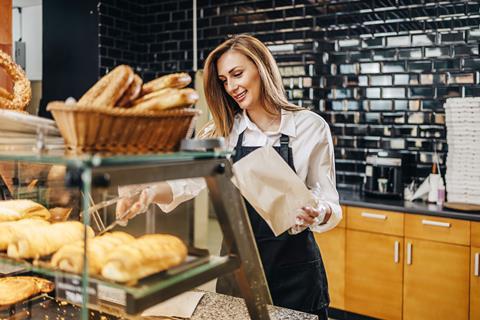
Recent research on customers of high street bakeries provides some valuable insights to help futureproof these businesses, according to the Craft Bakers Association (CBA).
The survey found that younger generations still actively supported local bakeries but had distinctly different expectations from their older peers. It was carried out by Mortar Research on behalf of the CBA, with findings presented at its Business Day in London on 14 June.
What bread and bakery buyers want from the high street is evolving, with the CBA noting the trends uncovered chimed with other research that showed a growing number of consumers were prioritising plant-based options and sourdough. Half of those questioned in the most recent study said they were looking to eat more plant-based food, and around three quarters (73%) were concerned about their gut health.
Gen Z (18-24-year-olds) appeared keener for local bakers to sell plant-based products than respondents from other generations. Meanwhile, nearly half (42%) of under 25s surveyed said they bought sourdough in high street bakers at least once a week, compared to one in seven of those aged 55-64.
“We already knew high street bakers’ customers were currently driven by price but this research shows that there is a wide range of topics that matter to today’s bakery shopper,” said CBA chief executive Karen Dear.
“The results show that they are also driven by sustainability, food waste and provenance, as well as health, and convenience – all of which are major motivators to purchase. But the big eye opener in the survey was what we learnt about the younger generations shopping there, and what they’re looking for.”
Some larger bakery companies have started looking away from city and town centres in recent months, including Cooplands deciding to close numerous high street shops and Greenhalgh’s revealing a business strategy that focussed on out-of-town expansion.
However, some encouraging statistics emerged from the report regarding demand for high street bakeries. Nearly three quarters (70%) of all shoppers surveyed claimed they bought at least half of their total bakery from the high street, with 78% of respondents saying they generally believed it was important to support the outlets in town and city centres. Four in 10 of those surveyed aged 35-44 said they visited local bakers at least once a week, while five out of six Gen Z consumers (18-24s) noted they came in at least once a month.
In line with the recent sales trend caused by the ongoing cost-of-living crisis, white bread and rolls were found to be the most popular purchases in high street bakeries, followed by wholemeal products.
Of those interviewed, almost half (48%) said they went there to buy sandwiches and food to go items at least once a week. A similar amount (46%) put down that they bought pastries and individual cakes and biscuits equally often.
While the research also showed local bakers scored well for quality, choice, craftsmanship, personal service, and sustainability, it highlighted that they could do more to engage customers. ‘Bakers need to be aware that value is more important than ever to shoppers, including discounts and money off, and cross-channel marketing is key, from tastings to word of mouth and promotions,’ commented the CBA.
Parking concerns were also voiced, with close to half (47%) of the survey group saying they wouldn’t buy from local bakers unless it had free parking outside, and more than a third (37%) willing to travel up to five miles to buy bakery items.
Finally, despite ever-increasing engagement from bakeries on social media, fewer than 30% of shoppers interviewed expected their local baker to offer an online ordering facility.
“Bakers need to understand their customers’ buying habits, prioritise the things that matter to them, and highlight their skills and commitment to sustainability,” Dear added . “The good news is, tomorrow’s shoppers, the 18-24’s, appreciate the bakers’ work, and are committed to supporting them, and there’s plenty of goodwill out there and a wealth of positive opportunities to build on.”



















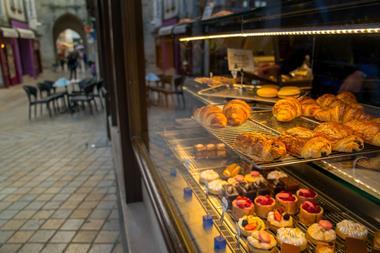
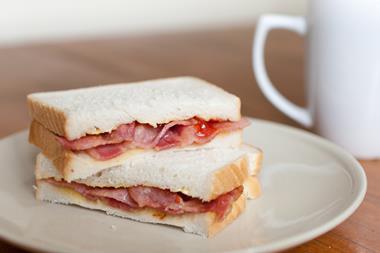

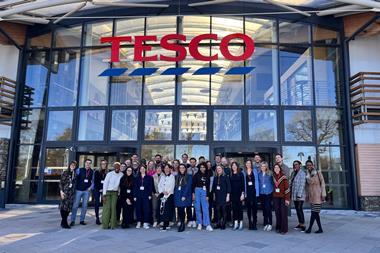
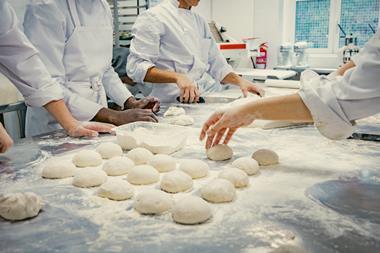

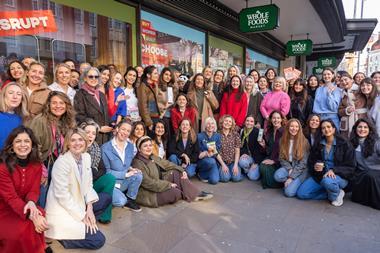
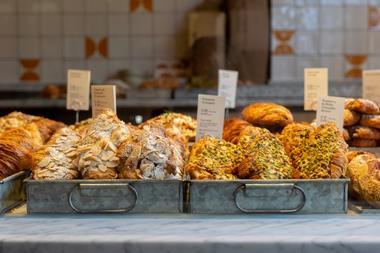
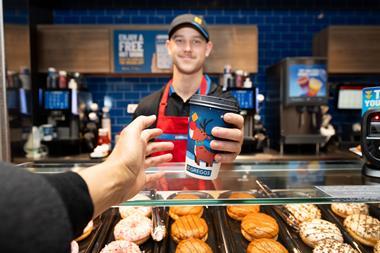




No comments yet